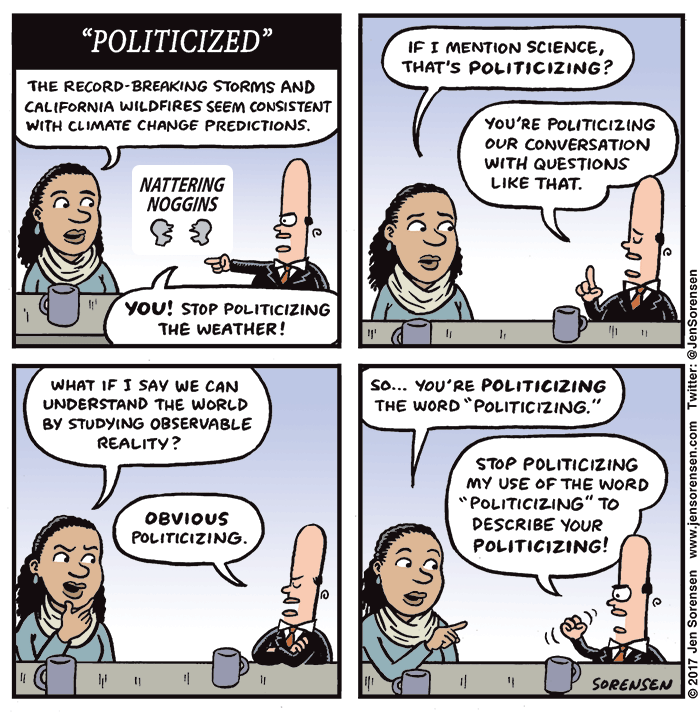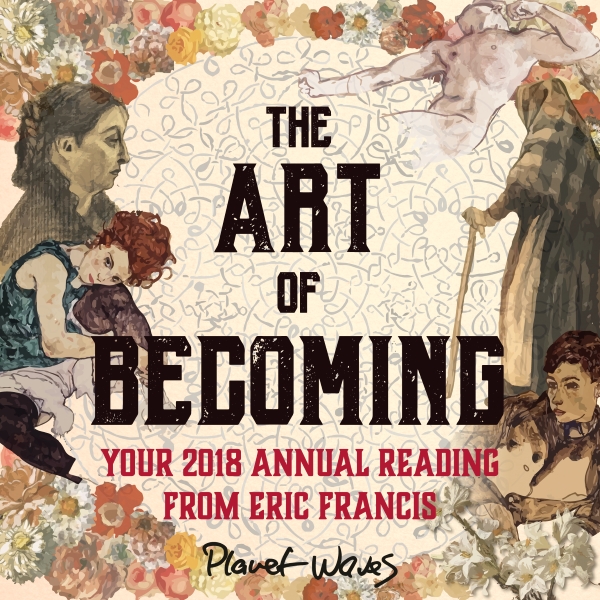
By Jen Sorensen

By any standards, 2018 will be a distinctive year astrologically. Get your essential guide to riding the waves of the next 12 months and beyond. Pre-order The Art of Becoming, the 2018 Planet Waves Annual by Eric Francis.



By Jen Sorensen

By any standards, 2018 will be a distinctive year astrologically. Get your essential guide to riding the waves of the next 12 months and beyond. Pre-order The Art of Becoming, the 2018 Planet Waves Annual by Eric Francis.
You must be logged in to post a comment.
Politicizing everything or commodifying everything (attempting to commodify everything)?
Today, however, I am more interested in ‘observable reality’, and I have a question (or two or three or more…).
If it is important that the juridical arm of the state defends the ‘rule of law’ in the US, [in the current political climate most notably against the excesses of the Commander-in-Chief] is it also important the juridical arm of the state defends the ‘rule of law’ in Spain? I’m curious. What might be the eventual outcome if any of the states of the Union unilaterally held a referendum on independence, and then declared itself a republic? The United Republics of America? And going back to basics, what precisely is a Constitution for? Once I’m clearer in my mind about these issues, perhaps then I might want to have a conversation about what it is that can convince a person that their life is worth no more than a piece of cloth with colored symbols on it.
If there is no ‘rule of law’ or approximation of it or even pretense of it, what then? If laws need changing do people have to die to effect that change? Can violence and violation ever be justified? Not in my world.
“There is an old Latin American tradition of ignoring or twisting the law in order to favor the strong and repress the weak. When a shady businessman said in Argentina, “To be powerful is to have [legal] impunity,”12 he expressed a presumably widespread feeling that to follow the law voluntarily is something that only morons do and that to be subject to the law is not to be the carrier of enforceable rights but rather a sure signal of social weakness. This is particularly true— and dangerous—in encounters that may unleash the violence of the state or powerful private agents, but an attentive eye can also detect it in the stubborn refusal of the privileged to submit themselves to regular administrative procedures, to say nothing of the legal impunity that they too often obtain.” [pg. 40]
O’Donnell, Guillermo A. “Why the rule of law matters.” Journal of Democracy 15.4 (2004): 32-46.
http://www.lionelingram.com/555_odonnell_WhyRuleOfLawMatters.pdf